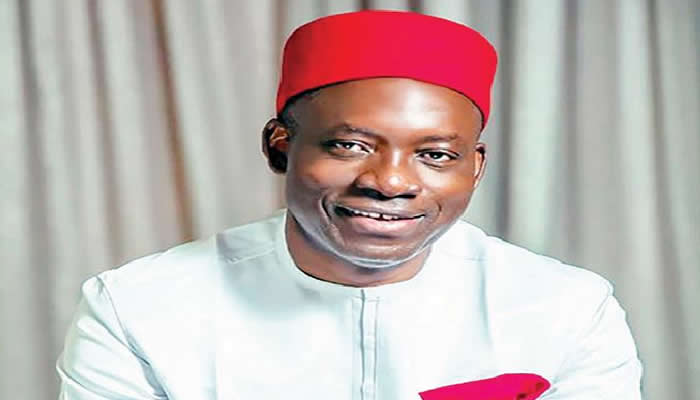Governor Soludo’s Controversial Rejection of World Bank NG-Cares Loan Sparks Debate in Anambra State
Professor Charles Soludo, the Governor of Anambra State, has urged Anambra indigenes residing in Lagos to invest back home, envisioning a transformed homeland that would be the envy of Nigeria and beyond. While launching the “Anambra Homeland Consciousness Initiative” in Lagos, he highlighted his administration’s achievements in road rehabilitation, infrastructure development, and fiscal prudence, emphasizing the government’s commitment to transparency and accountability in the management of public funds. A key point of contention, however, has been Governor Soludo’s decision to withdraw Anambra State from the World Bank’s NG-Cares loan program, a move he has publicly defended but has yet to fully explain.
The NG-Cares program, designed to mitigate the economic and social impact of the COVID-19 pandemic, offered a $750 million credit facility to Nigeria’s 36 states. Soludo, citing unfavorable loan conditions, opted to pull Anambra out of the program, a decision that has drawn criticism and raised questions, especially given his background as a renowned economist, former Central Bank Governor, and a member of the Economic Advisory Council that initially endorsed the NG-Cares program. Critics argue that Soludo’s decision deprived Anambra’s vulnerable population of much-needed support during a period of economic hardship, while simultaneously imposing increased taxes and levies on the same vulnerable citizens.
The Governor’s justification for rejecting the loan remains ambiguous. He has alluded to unfavorable conditions but hasn’t elaborated on the specifics, leaving room for speculation and raising concerns about transparency. This ambiguity is further compounded by the fact that all other 35 states accepted the loan, suggesting that the conditions were not as detrimental as portrayed by Soludo. Moreover, his previous involvement in the Economic Advisory Council, which recommended the NG-Cares program to the Federal Government, raises questions about the timing and rationale behind his rejection of the loan.
Critics also point to the potential negative implications of Anambra’s withdrawal from the program. Firstly, the funds allocated to Anambra are likely to be re-allocated to the federal budget, effectively depriving the state of resources that could have been used for development projects and social welfare initiatives. Secondly, the decision casts doubt on Soludo’s vision for Anambra, particularly his campaign promise to transform the state into a Dubai-Taiwan-like economic hub. By rejecting the NG-Cares loan, Soludo may have missed a crucial opportunity to invest in infrastructure, stimulate economic growth, and alleviate poverty in the state.
Compared to neighboring states like Enugu and Abia, which have leveraged the NG-Cares program to support farmers, SMEs, and vulnerable communities, Anambra’s absence from the program stands out. Governor Peter Mba of Enugu State, for instance, distributed over N4.6 billion worth of agricultural inputs and grants, while Abia State empowered 6,500 SMEs with N5.9 billion in grants. These examples underscore the potential benefits that Anambra could have accrued had it participated in the program. Moreover, the fact that 35 other governors, including Soludo’s predecessor, Willie Obiano, a former banking executive, accepted the loan terms further weakens Soludo’s argument about unfavorable conditions.
The upcoming governorship election in Anambra will likely serve as a referendum on Soludo’s performance. The electorate will assess his achievements and failures, including the controversial decision to reject the NG-Cares loan. Whether this decision will ultimately benefit or harm the state remains to be seen, but it undoubtedly adds another layer of complexity to the ongoing political discourse in Anambra. The lack of transparency surrounding the decision continues to fuel speculation and raise questions about the Governor’s motivations and the potential consequences for Anambra’s citizens.


